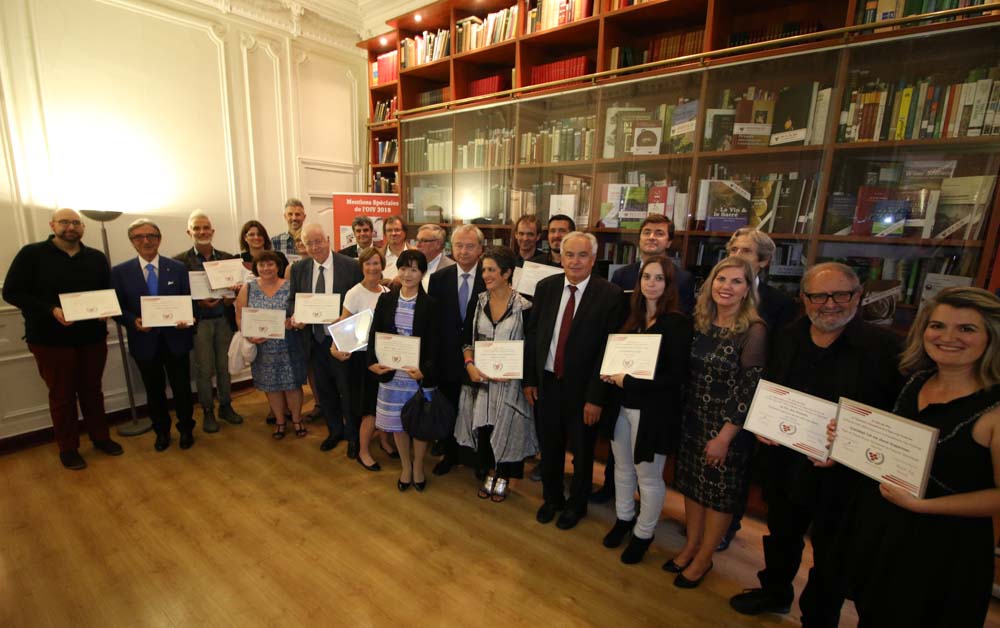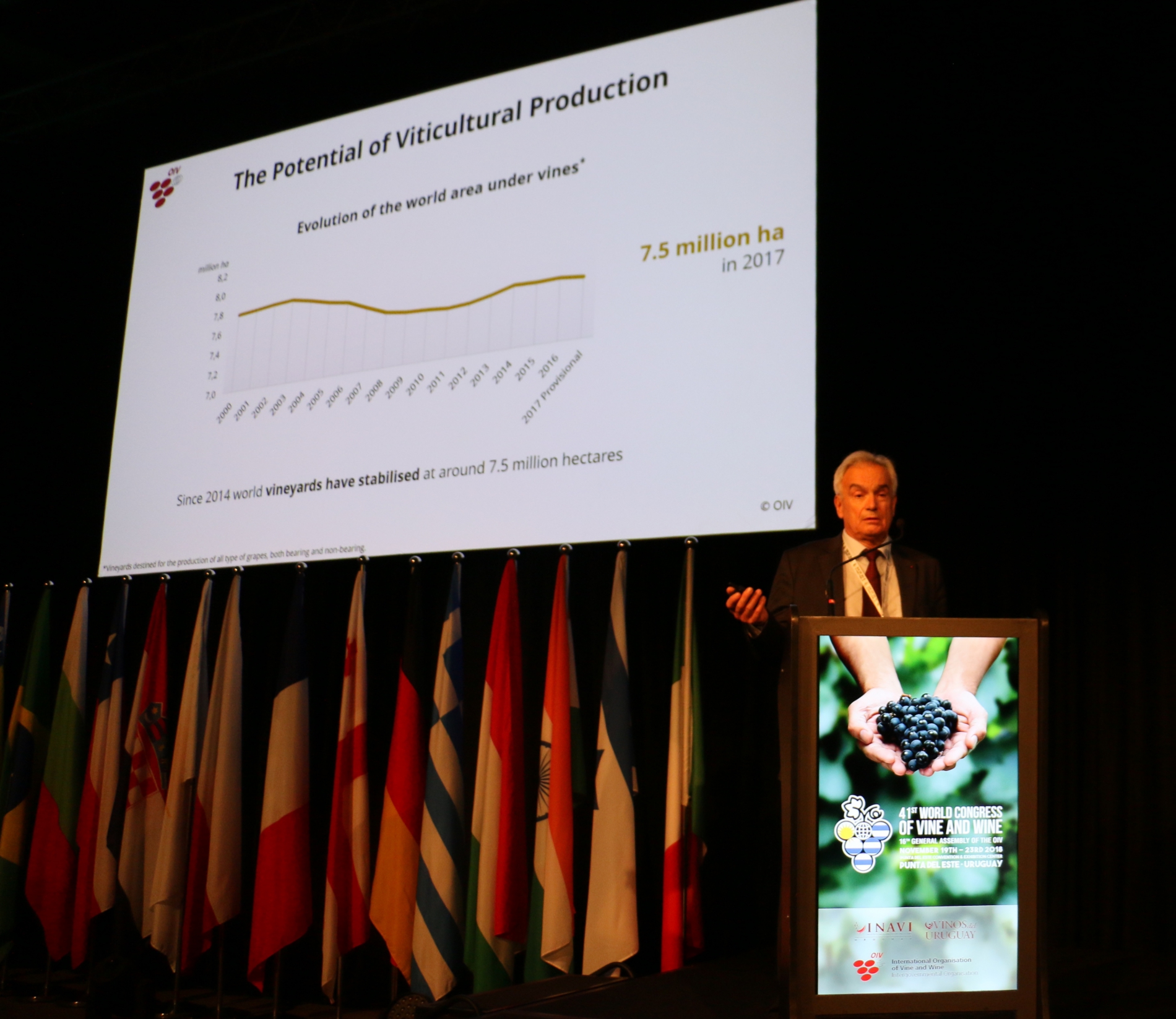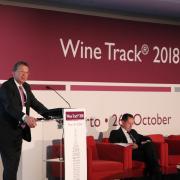
Under the OIV's high patronage, this conference organised by the Society of Chemistry Experts of France (SECF) and the Association of Oenology Laboratories of Portugal (ALABE) focused on progress in analysis techniques, standards and methods allowing for and guaranteeing the identification and authentication of wines and spirits.
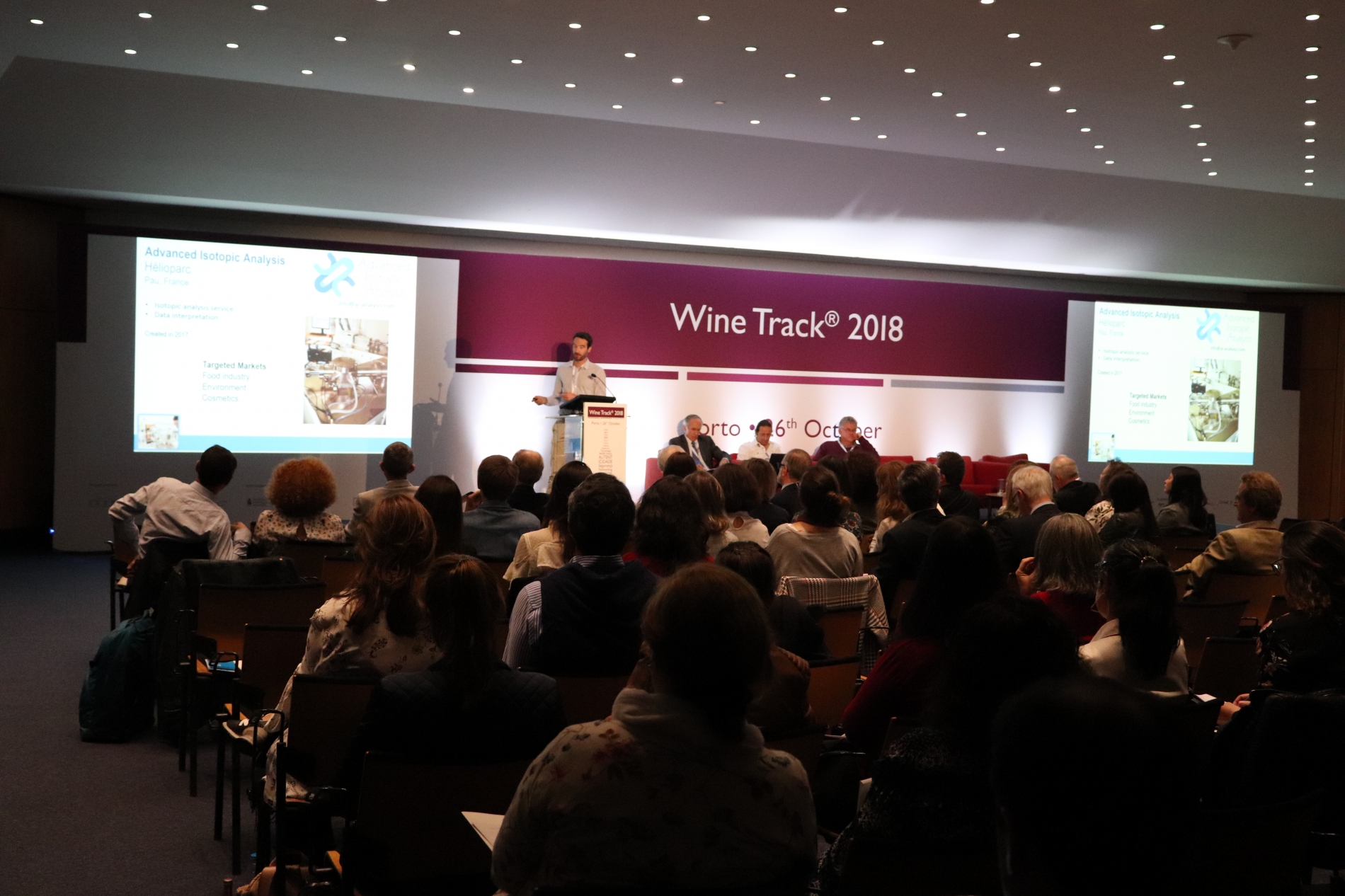
The techniques and tools working together to ensure the traceability of vitiviniculture products aim to better preserve the authenticity and quality of wines, especially when it comes to counterfeits and fraud.
Traceability is meant in a very broad sense and concerns both viticulture as well as the winemaking process, the product itself, its packaging and its distribution. This year, a particular emphasis was placed on the isotopic analysis of wine, the traceability of the cork and of the glass of the bottles.
Wine Track® 2018 was a unique moment of exchange between scientists and materials and equipment providers regarding the current situation and methods available to guarantee the authenticity and traceability of products in the sector and to imagine new solutions.
The importance of guaranteeing the authenticity and traceability of vitivinicultural products
Jean-Claude Ruf, Scientific Coordinator of the OIV, emphasized the importance of guaranteeing the authenticity and traceability of vitivinicultural products in an increasingly globalised market.
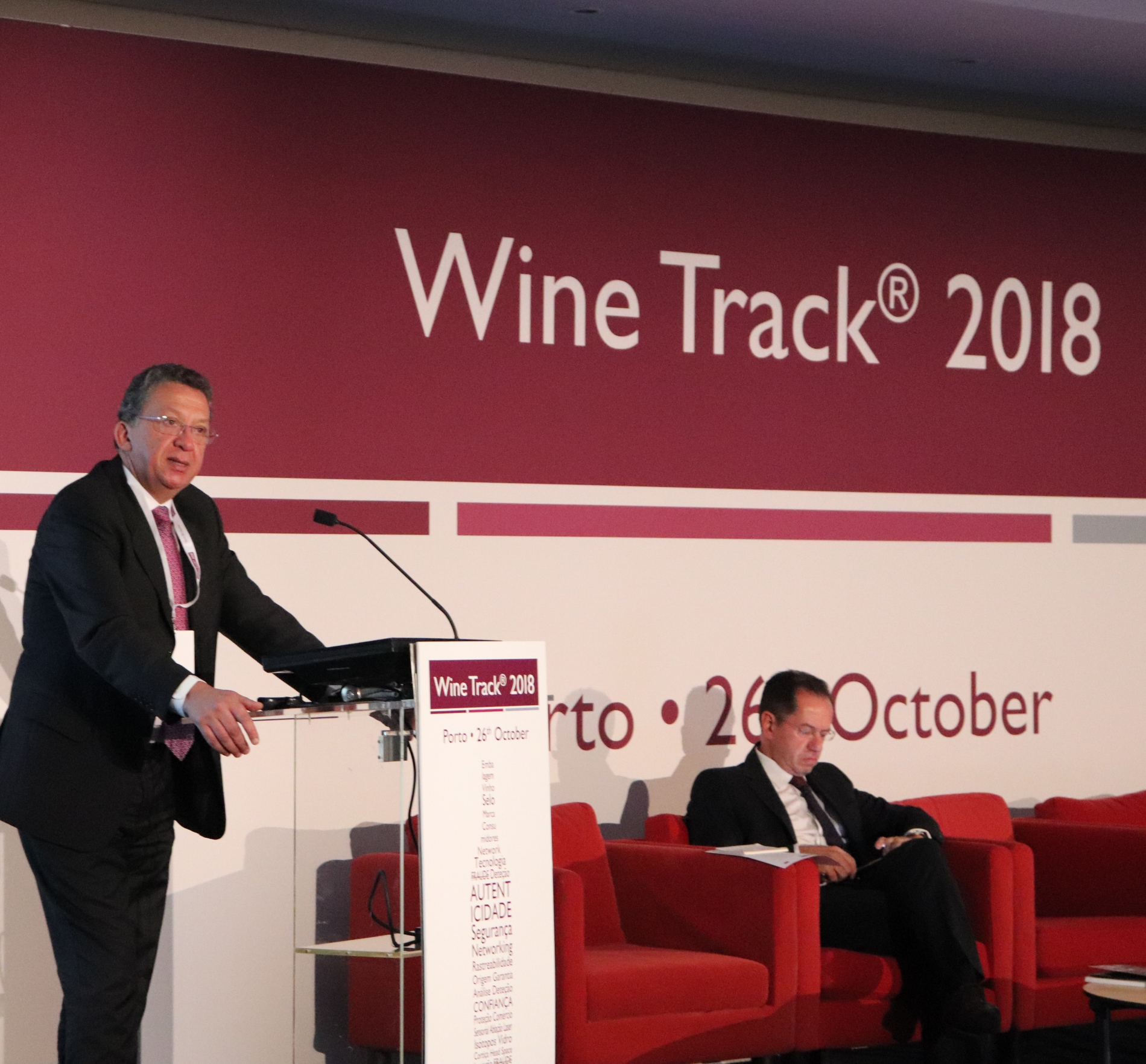
Furthermore, he detailed the steps the OIV has already taken in this area, notably through the establishment of international standards related to:
- the definition of products,
- oenological practices and especially the concern for the consumer's safety and for maintaining the authentic character of the wines and their organoleptic qualities,
- labelling rules,
- the establishment of traceability standards,
- the establishment of analytical standards in order to monitor this traceability and these origins.
Following the conference, it was decided that the next edition of Wine Track® will take place in the Champagne region (France) in 2019.
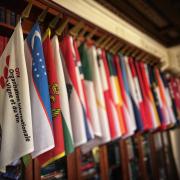
As explained by the Uzbek Minister for Foreign Affairs, Abdulaziz Kamilov, through this membership Uzbekistan hopes to support the government's efforts to develop a vitivinicultural sector which is rapidly changing and which has been the subject of a development plan enacted by the President of the Republic.
During a conversation with the Uzbekistan Ambassador to France, the Director General of the OIV expressed his pleasure at the new membership of this nation which is the largest producer of grapes in Central Asia and is one of the leading exporters of fresh grapes.
Jean-Marie Aurand also reminded those assembled that the official induction of this new Member will take place at the OIV General Assembly in Punta del Este next 23rd November.
Fresh Grape Production in Uzbekistan
The production of fresh grapes takes place primarily in the South of the country, Samarkand, the Surkahandarya regions and Fergana Valley thanks to a long warm period which lasts from spring to autumn and allows for the growth of around forty different varieties. The main varieties used are Soyaki and Bayan-Shirin (sparkling wines and brandies), Saperavi and Rkatsiteli (still wines) and May Black, Rosy Muscat and Hindogni (dessert wines). For fresh consumption, the most popular grapes are the Khusayni, Rizamat, Kishmish and Damskiy Palchik varieties.
As part of the government’s development plan, vineyards have been expanded to 133,000 hectares (2013) for a grape production of nearly 1,322,000 tonnes (2013) and continue to grow with new planting.
73% of the production is consumed locally in the form of fresh grapes, 4% is exported. The remaining 23% is used for the production of grape juice, wines and brandies. The largest business in the country is the Uzvinsanoat Company which brings together 120 processors of which 83 are wineries which use around 215,000 tonnes of grapes.
Uzbekistan produces nearly 60,000 tonnes of raisins annually, half of which is exported.
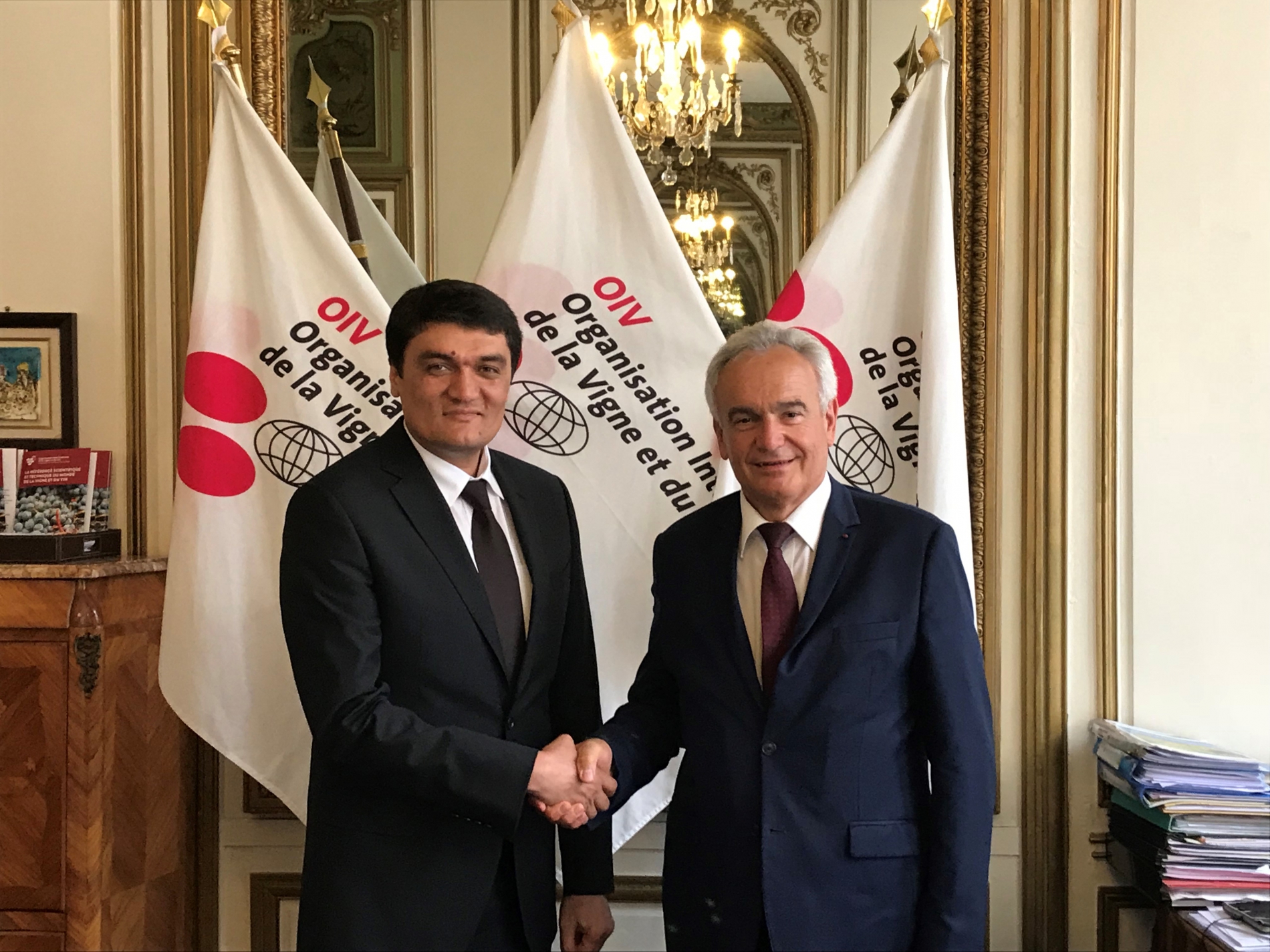
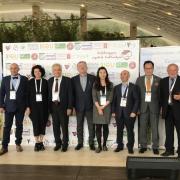
Organised by the Union of Georgian Oenologists, with support from the National Wine Agency of Georgia and technical assistance from Poliproject Exhibitions (Moldova), this competition, which was placed under the patronage of the OIV, brought together 200 samples of wine and spirits from 12 countries.
During the opening ceremony, the Georgian Minister for Agriculture, Mr Levan Davitashvili, emphasised his country’s efforts to develop and modernise its vitivinicultural sector, with this competition presenting a timely opportunity to demonstrate Georgia’s ambitions in this field. These aspirations are expressed through the slogan, ‘Georgia – Homeland of Wine’.
The Director General of the OIV, during an interview with the Minister, recalled the OIV’s contribution to the Georgian authorities’ efforts, notably through the hosting of a presentation of Georgian wines each year at the Organisation's headquarters in Paris, and also through the initiative begun in 2017 that aims to define the white wines made using the traditional Qvevri method.
In addition, Jean-Marie Aurand praised the active presence of Georgian experts in the Organisation's scientific work, with some of these experts having already taken on responsibilities within the expert groups.
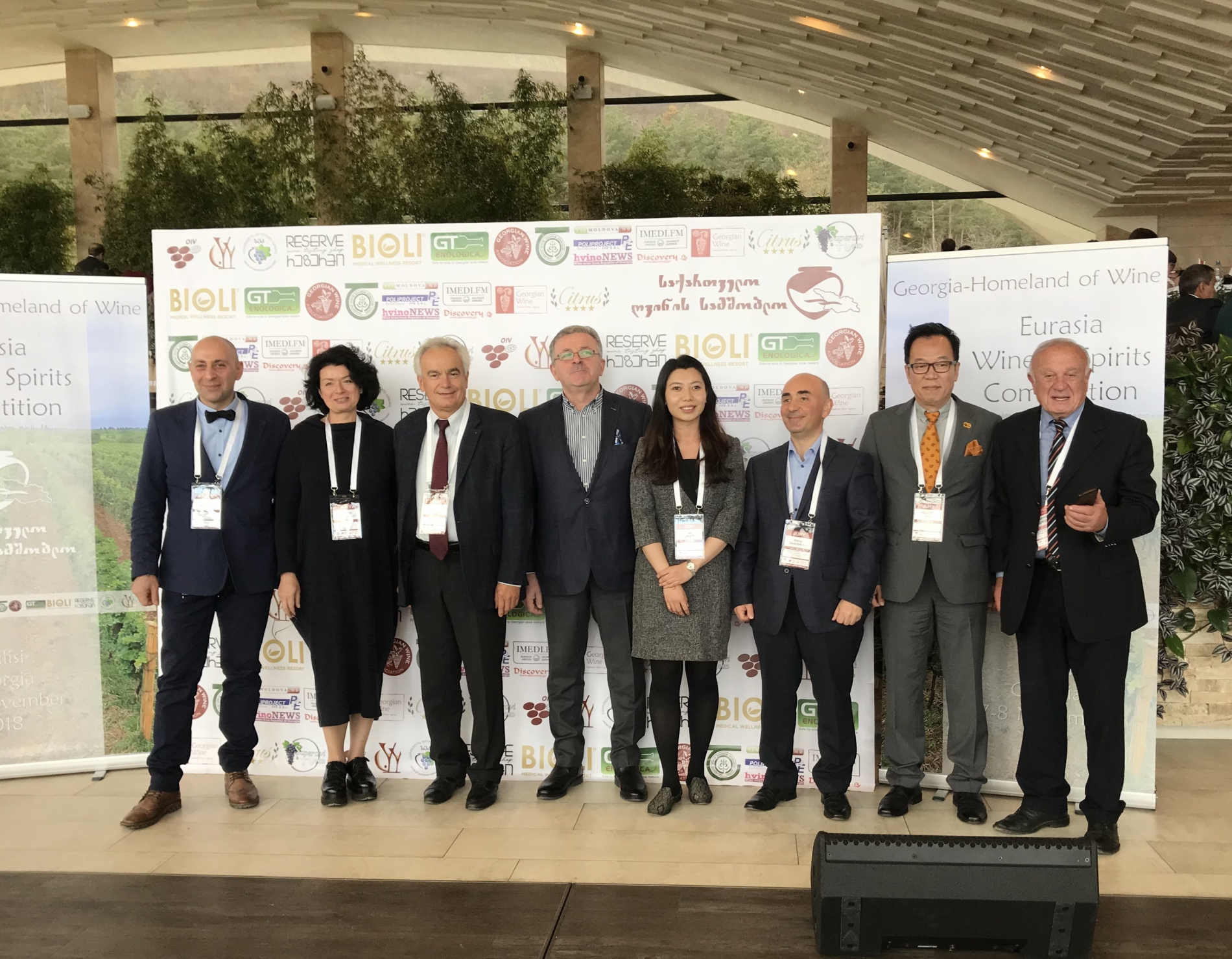
Thousands of years of history
The Georgian vitivinicultural sector comprises more than 600 businesses, which produce more than 900,000 hL of wine, nearly 50% of which is exported.
Georgian wine production has a long history dating back thousands of years. The first traces of the cultivation of vines go back 8000 years, and in Georgia some wines are made using a traditional winemaking process (the Qvevri method, included on the UNESCO World Heritage List). There are over 500 native Georgian varieties, of which around 30 are currently cultivated, that create wines with strong typicity. The best-known varieties are Saperavi for reds, and Rkatsiteli or Mtsvane for whites. In the 19th century, Georgian wines were the “wines of the Court of the Tsars”.
After the purely quantitative strategy of the Soviet period, Georgian viticulture began a process of profound reorientation towards quality: a new legislative framework has made vitivinicultural production a national priority, promoting the ancestral methods, modernisation of equipment, improvement to the quality of the wines, the establishment of appellations of origins, the development of wine tourism, a strategy for international promotion (opening of new markets, presence at international trade fairs, etc.).
This profound change has been broadly supported by the Georgian government, particularly through the National Wine Agency.
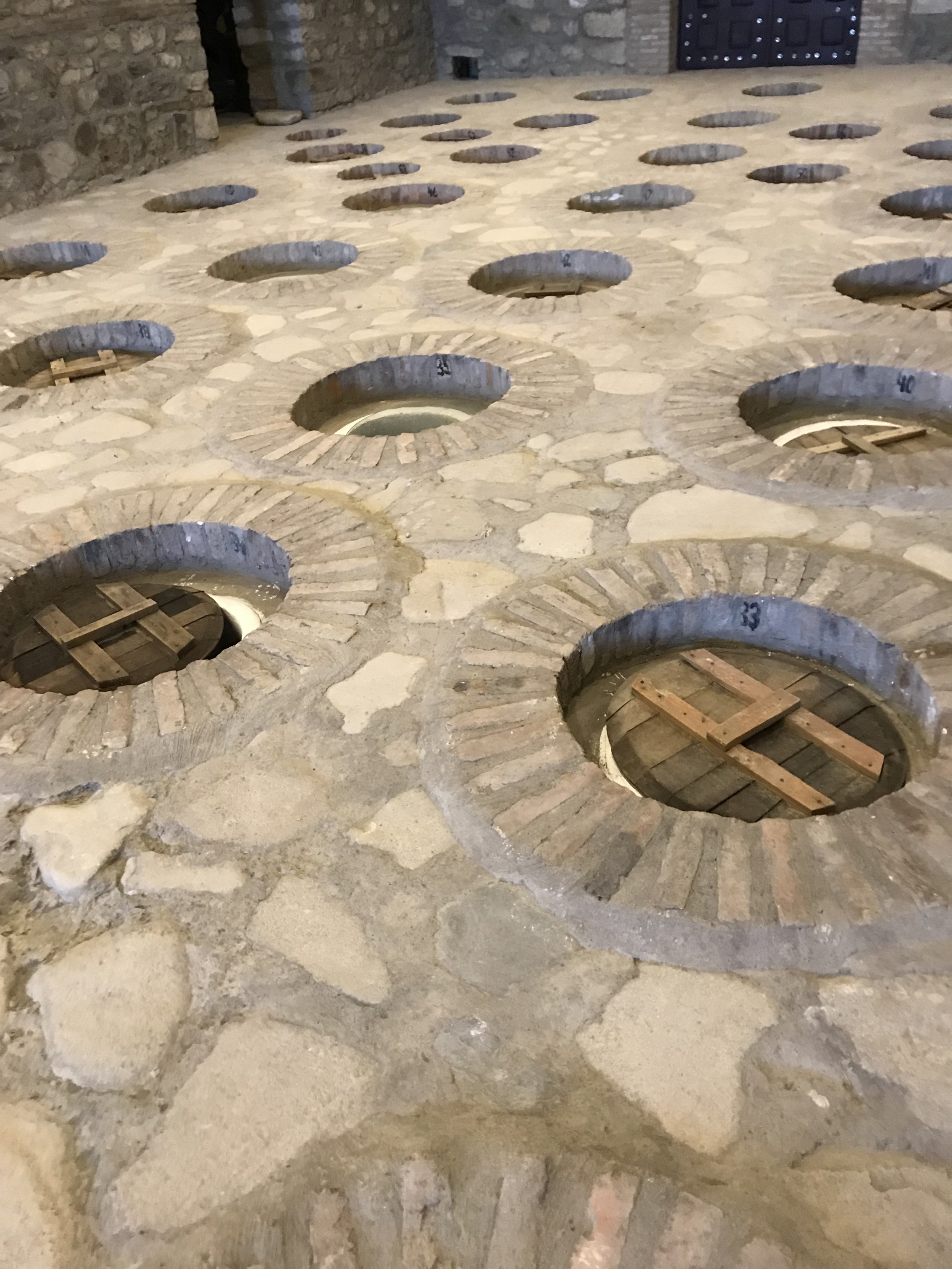
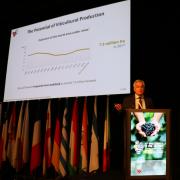
The report covers the areas under vines, grape production, wine production and consumption, and wine import and export volumes.
- In 2017, the world area under vines rose to 7,534 kha.
- Global grape production reached 73 mt in 2017.
- 2018 world wine production (excluding juice and musts) is estimated at 279 mhl.
- 2017 world wine consumption is estimated at 244 mhl.
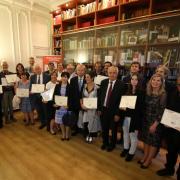
Each year, the OIV calls upon the skills of numerous people and specialists from around the world to read and evaluate submissions on vine and wine according to specific criteria for the OIV Awards.
Each work is evaluated by several readers of different nationalities.
Would you like to be one of our reader-evaluators?
Or have you already been a reader for the OIV Awards and would like to do it again?
Contact the OIV Award Jury Secretariat at jurydesprix@oiv.int before 28 February 2019.
Important note: If you are an author, contributor or coordinator of a work presented for the OIV Awards in 2019, you cannot evaluate another submission.
If your profile (profession, nationality, working language(s), skills, specialities, etc.) meet the requirements to evaluate one or several works, the Award Jury Secretariat will contact you by email in March 2019.
